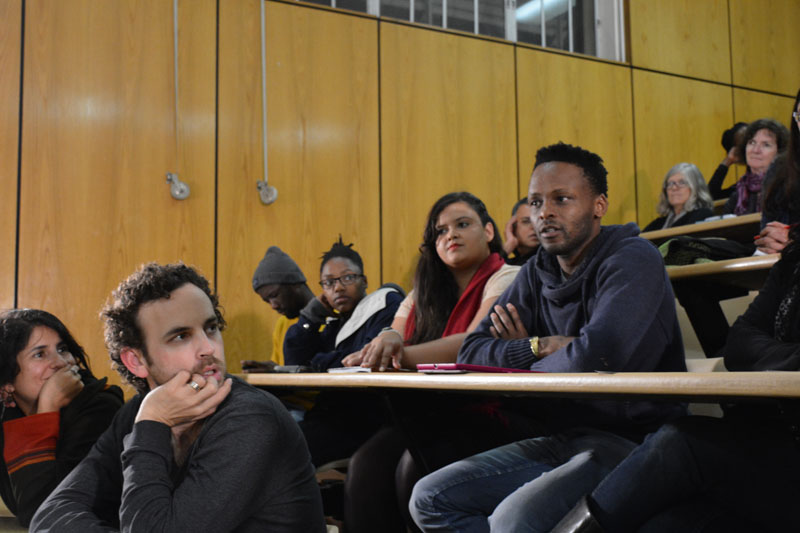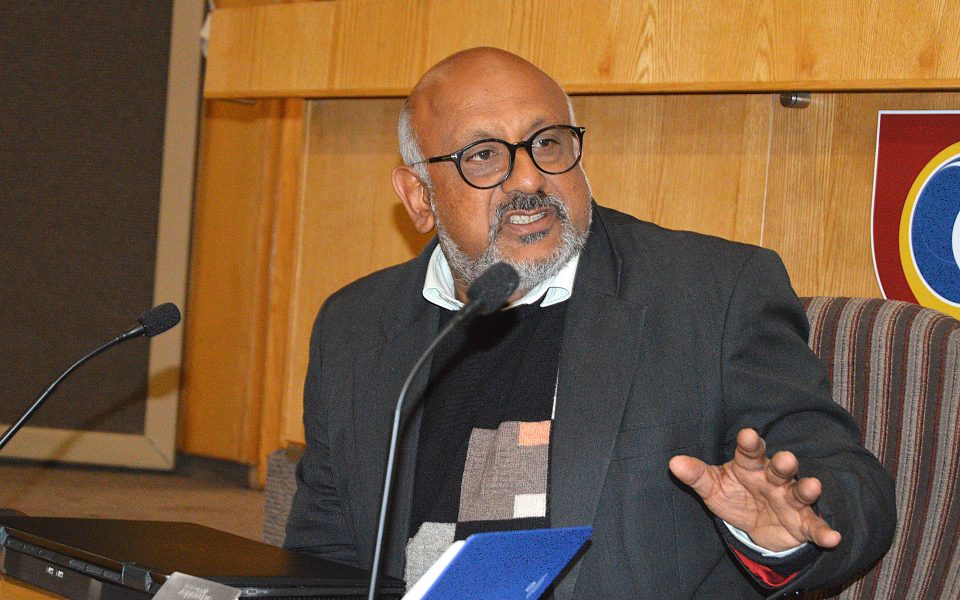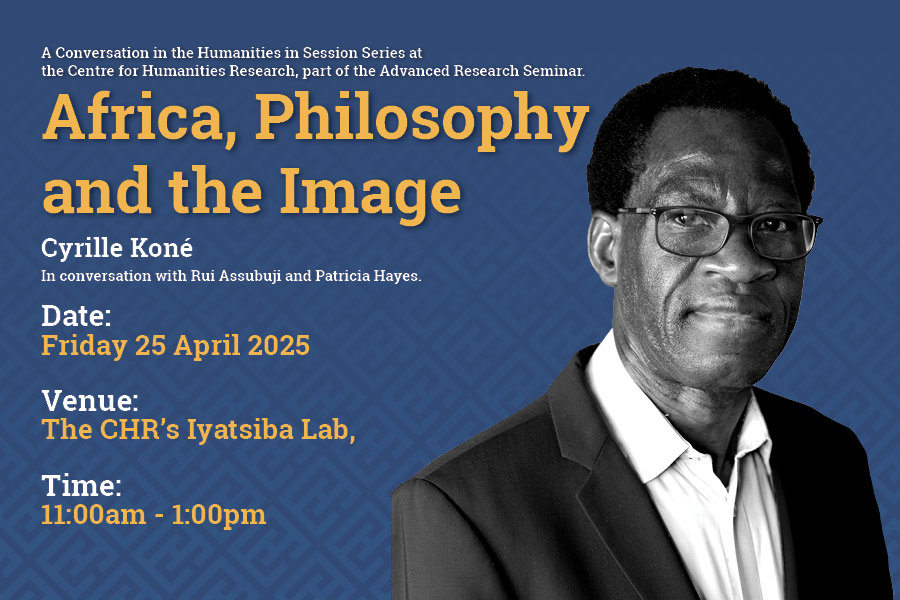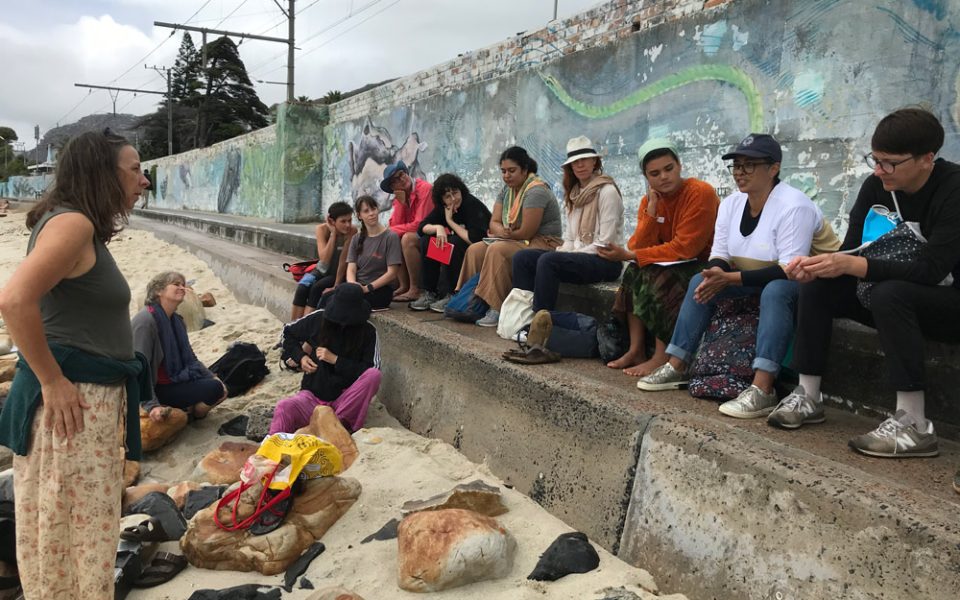Political Theory Reading Workshops

The Citizenship and Justice: Rethinking Political Theory and Political Philosophy research platform of the CHR will host two reading workshops on Political Theory, taking place on Friday, 11 May and 18 May at 2pm.
An African mode of Democracy? The Wiredu-Ezu Debate
”A Drawing from various examples of contemporary African and global politics, Emmanuel Eze discusses and critically assesses Kwasi Wiredu’s recent plea for a ‘non-party democracy’ following the principle of consensus, which Wiredu understood to be shaped according to the features of the ‘traditional’ political system of the Asante in Ghana. Eze voices skepticism against consensus politics as a ‘democratic’ solution to current problems of political theory in Africa, as he exposes some points where the consensus system is likely to be utilized undemocratically by the central authorities.
Moreover, Eze is doubtful as to whether one can speak of an ultimately converging will of the people in any given political union, an assumption that seems central to Wiredu’s argument. For Eze, a recommendable path for democracy in Africa has yet to be formulated.”
Readings:
- Wiredu, K, 1997, ‘Democracy and Consensus in African Traditional Politics: A Plea for a Non-party Polity’, in Eze, E.C. (ed.), Postcolonial African Philosophy: A Critical Reader. Oxford: Blackwell.
- Eze, E.C. 1997. ‘Democracy or consensus: response to Wiredu’, in Eze, E.C. (ed.), Postcolonial African Philosophy: A Critical Reader. Oxford: Blackwell.
Date: 11 May 2-4pm
Venue: CHR Seminar Room
Philosophy and” Real” Politics
“Many contemporary political thinkers are gripped by the belief that their task is to develop an ideal theory of rights or justice for guiding and judging political actions. But in Philosophy and Real Politics, Raymond Geuss argues that philosophers should first try to understand why real political actors behave as they actually do. Far from being applied ethics, politics is a skill that allows people to survive and pursue their goals. To understand politics is to understand the powers, motives, and concepts that people have and that shape how they deal with the problems they face in their particular historical situations. Philosophy and Real Politics both outlines a historically oriented, realistic political philosophy and criticizes liberal political philosophies based on abstract conceptions of rights and justice. The book is a trenchant critique of established ways of thought and a provocative call
for change.”
Reading:
- Raymond Guess, Philosophy and Real Politics, pp 1-50
Date: 18 May
Venue: CHR Seminar Room 2




